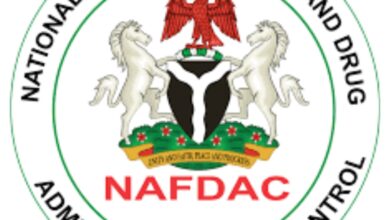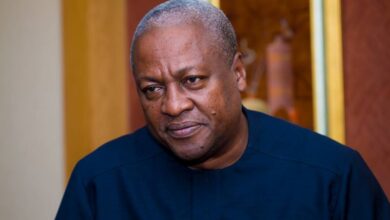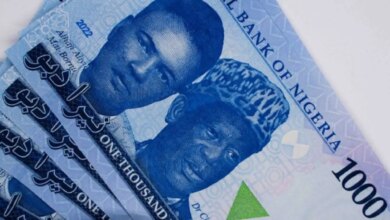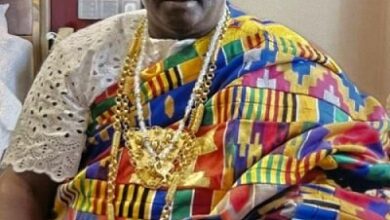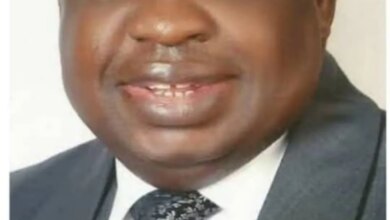IMF programme: Ghana successful in 4th review …set to receive $2.825bn
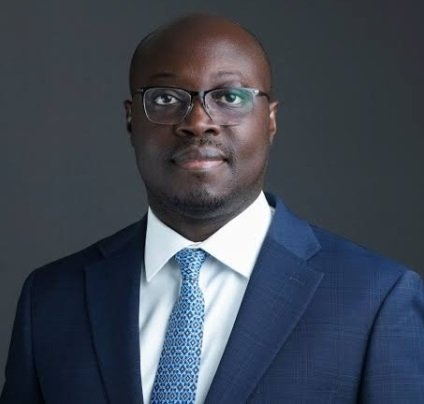
Ghana has successfully completed the fourth review of the International Monetary Fund (IMF) Extended Credit Facility (ECF) programme, which provides balance of payments support.
This follows an assessment conducted by an IMF team led by Mission Chief, Mr. Ruben Atoyan, between September 29 and October 10, 2025.
The team held meetings to review progress on the government’s policy actions and reform priorities as part of the fifth review of Ghana’s three-year programme under the ECF. The arrangement, totalling $3.2 billion, was approved by the IMF Executive Board on May 17, 2023.
With the successful completion of the fourth review, Ghana is set to receive $385 million, subject to approval by IMF management and consideration by the Executive Board. This will bring total disbursements to $2.825 billion under the programme.
In a statement copied to The Ghanaian Times, Mr. Atoyan said macroeconomic stability is beginning to take hold.
“Growth in the first half of 2025 was stronger than anticipated, underpinned by strong services activity and agricultural output,” he noted.
He added that the external sector has also strengthened significantly on the back of robust exports, particularly gold and cocoa. International reserves continue to exceed programme targets, while the cedi appreciated markedly in the first half of the year.
The positive trajectory is expected to continue into 2026, with projected growth of 4.8 per cent. Inflation is forecast to stay within the Bank of Ghana’s target band of 8±2 per cent, creating space for gradual monetary policy normalisation.
“A solid current account surplus will continue to aid reserves accumulation, though external risks remain significant largely due to uncertainty around commodity prices for Ghana’s key exports,” he cautioned.
Mr. Atoyan said the authorities have made “notable strides” in tackling long-standing energy sector challenges. Government has renegotiated legacy arrears and power purchase agreements with most independent power producers (IPPs), while quarterly tariff adjustments are helping to better reflect costs. Payments through the Cash Waterfall Mechanism have also increased significantly.
On the fiscal front, the mission chief reported a primary surplus of 1.1 per cent of GDP for the first eight months of 2025, keeping Ghana on track to meet the year-end target of 1.5 per cent. He said the government is committed to adopting a 2026 budget that targets a 1.5 per cent primary surplus, in line with the newly adopted Fiscal Responsibility Framework.
Discussions also focused on structural fiscal reforms to reinforce adjustment efforts, enhance domestic revenue mobilisation, strengthen public financial and investment management systems, and solidify the credibility of Ghana’s fiscal framework.
BY KINGSLEY ASARE
🔗 Follow Ghanaian Times WhatsApp Channel today. https://whatsapp.com/channel/0029VbAjG7g3gvWajUAEX12Q
🌍 Trusted News. Real Stories. Anytime, Anywhere.
✅ Join our WhatsApp Channel now! https://whatsapp.com/channel/0029VbAjG7g3gvWajUAEX12Q


